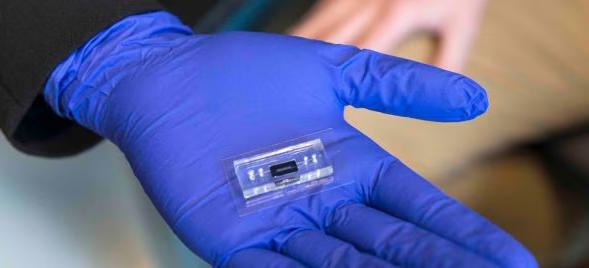
Picture a computer that doesn’t rely on traditional silicon chips but, instead, uses the fundamental blocks of life – DNA. This futuristic idea is becoming more tangible, thanks to researchers from the Rochester Institute of Technology and the University of Minnesota. They have devised a method to conduct computations directly within DNA-encoded data.
This breakthrough opens the door to the creation of “biocomputers,” potentially surpassing the power and resilience of conventional computers. DNA’s remarkable data storage density and inherent stability position it as an appealing alternative to silicon chips.
The innovative method employs a microfluidic chip to manipulate DNA molecules, translating these manipulations into computational operations. This lays the groundwork for conducting intricate calculations, such as those in artificial neural networks, using DNA-encoded data.
While the concept is thrilling, biocomputers are still in their infancy. Further research is necessary to refine the technology and transform it into a practical alternative to current computing systems. Nonetheless, this achievement signifies a substantial stride toward a future where our computers might exhibit a form of life through the data they process.





